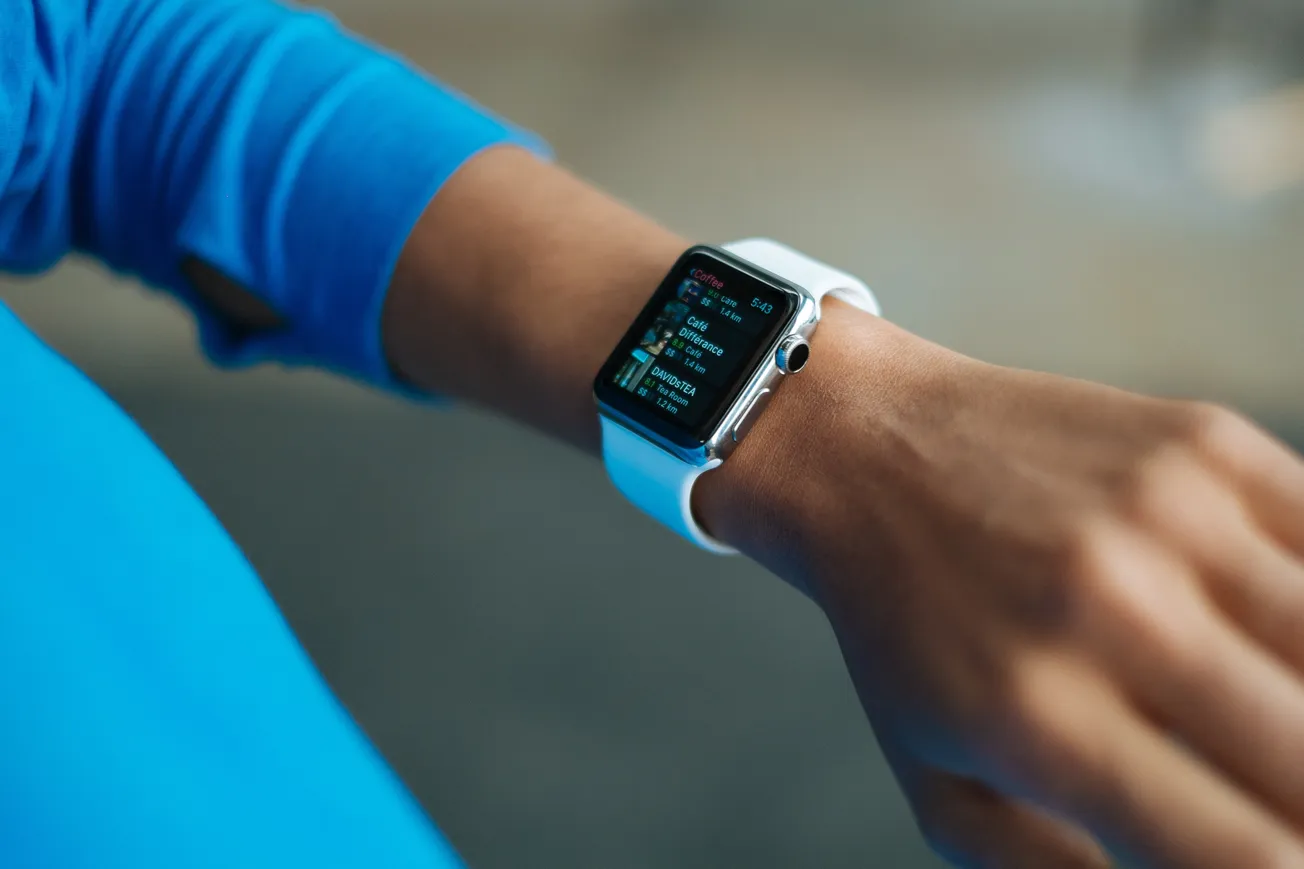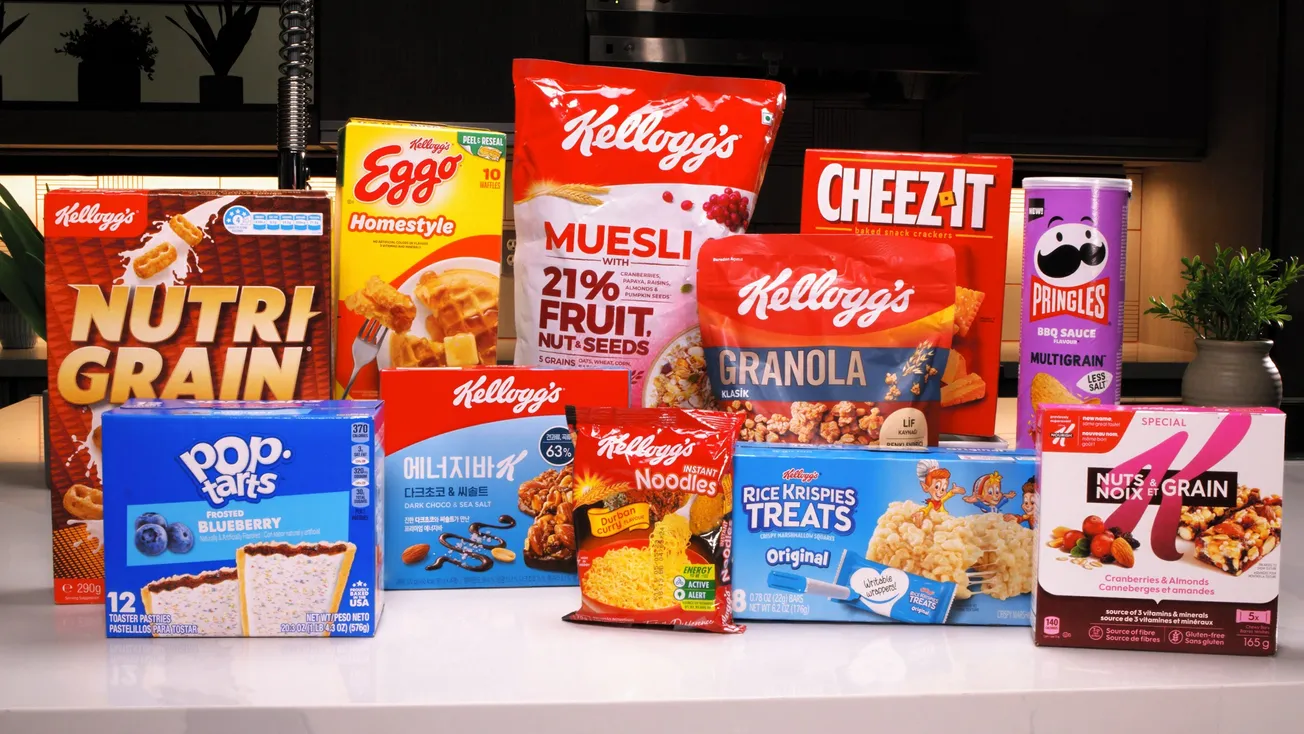PARSIPPANY, N.J. – Restful sleep remains an elusive goal for many adults and therefore, strong gains for sleep aids, including over-the-counter sleep aids, natural sleep products, pain plus sleep combination products, and sleep devices are forecast over the next five years by Kline’s Sleep Aids: U.S. Market Analysis and Opportunities study. Estimates range from 30%-40% of American adults experience symptoms of insomnia and 40 million are affected by chronic long-term sleep disorders. Consumers aged 65 years and older are 1.5 times more likely to suffer from insomnia than their younger counterparts. Consequently, the number of people affected is growing given the aging of the U.S. population.

To establish and support better sleep, consumers are using a variety of nonprescription remedies and gadgets. The sleep device category is the fastest-growing category within the overall sleeping aids market, growing over 50% in 2018. Smart watches dominate the segment’s sales. The top-selling smart watch, Apple Watch, leads by a large margin compared to the next competitor. This category also includes light devices, such as Dodow, to relax, smart beds, and sleep apps. Recently, consumers are also using natural sleep aids that contain ingredients such as melatonin, selenium, valerian, and ashwagandha, which also grew by double digits.
“With hectic, stressful everyday lives and increased stimulus from screens, American adults are having a hard time sleeping soundly,” comments Laura Mahecha, industry manager of Kline’s Healthcare Practice. “Other factors, such as age and medical conditions, also play a role in sleep disruption. However, consumers are increasingly aware of the importance of sufficient sleep on their overall health and wellness. Interestingly, the number of people who have trouble sleeping continues to far exceed the number who report taking a sleep aid, resulting in a category ripe for greater potential growth. Therefore, they are seeking safe, effective products that help them get to sleep and stay asleep.”
As part of this research, Kline conducted a consumer attitudes and usage survey with 500 adult Americans who use sleep aids. Seventy-five percent of the sample report problems falling asleep and this impacts many on a frequent basis, with 36% reporting daily sleeplessness. The impacts of nighttime sleep problems are felt the next day with 71% reporting daytime drowsiness, 61% report being more irritable, and 49% have headaches. The impacts of one person’s sleeplessness can have ripple effects on others, with 47% reporting their sleep issues having an impact on other members their household, often a spouse or partner.
Understanding key trends, developments, business opportunities, new product activity, and consumer preferences in the rapidly changing and growing sleep aids market is crucial for marketers. Kline’s Sleep Aids: U.S. Market Analysis and Opportunities report provides a comprehensive analysis of the market for sleep aids in the United States covering OTC sleep medicines, natural sleep aid products, and sleep aid devices, including consumer research on attitudes, usage, and perceptions.









